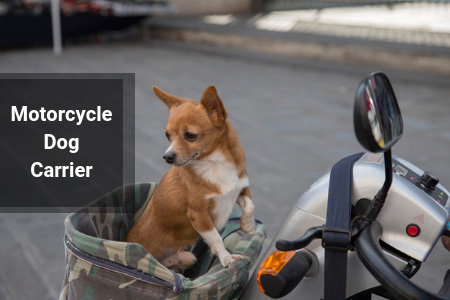Emotional Support Animals (ESA) are animal companions that are believed to bring their owner or handler relief from a mental disability and also help alleviate its symptoms.
These animals play a major role in the lives of people who are dependent on their pets for emotional support and healthy functioning. This means keeping their pets in close proximity at most times, including in public places, is important.
Unfortunately, the Americans with Disabilities Act (ADA) does not give permission for Emotional Support Animals in public places, that restrict pets. These include shops, restaurants, hospitals, theaters and government buildings. The Act strictly allows only “service dogs” that are professionally trained to carry out tasks that are directly related to their owner or handler’s disability. Examples include guiding a blind or deaf person and alerting when it is time to take medicine.
Keep in mind that even a helper monkey or a cat is not considered a service animal by ADA. The ADA only considers dogs as service animals. In rare circumstances, the ADA permits individuals with physical disabilities to use horses in order to perform certain tasks. However, this does not mean you cannot take your Emotional Support Animal anywhere. The rule only applies to places that have a strict “no pets” policy. Places that are pet-friendly will allow your emotional support animal to tag along.
To avoid any inconvenience at the last minute, it is a good idea to check the establishment’s policies and make proper arrangements with the management when reserving a table or booking a room. If you are not sure about the policies of a certain public place and don’t want to go through the hassle of inquiring, it is better to just stick with places you know are pet-friendly. When it comes to hospitals, special arrangements can be made on a case by case basis.

When taking your emotional support animal to a pet-friendly public place, keep in mind the following tips:
These are some guidelines that you have to follow when taking your ESA to a public place, especially those that do not generally allow pets.






